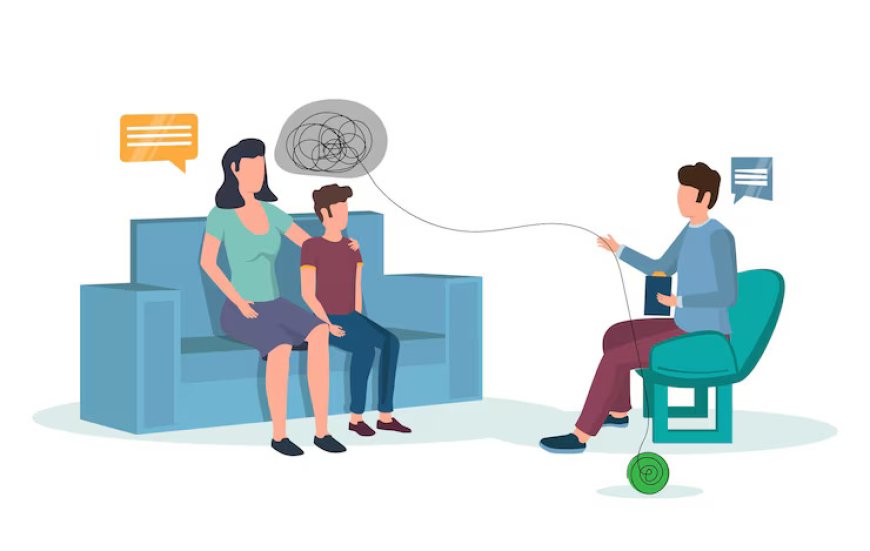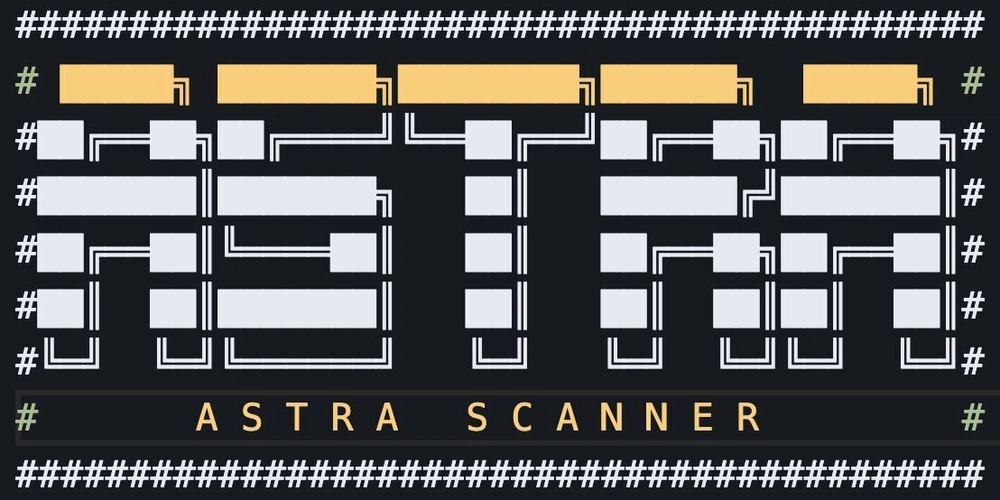What Everyday Behaviors Might Actually Be ADHD?
Discover how common habits like forgetfulness or restlessness could be signs of ADHD and how ADHD therapy offers support

Have you sometimes wondered if your forgetting things, feeling restless or leaving tasks unfinished is caused by something else? Because our world is full of distractions, many individuals consider these actions to be normal. Sometimes, those daily quirks might be hints of ADHD.
ADHD is often thought to be nothing more than hyperactivity or poor attention in kids. Technically, it is a condition that develops in the brain and can influence both children and adults, sometimes hard to notice at the beginning. It is important to watch for the symptoms of ADHD, because early treatment has been proven to greatly improve a person’s life. We can look at some regular behaviors that, for some people, might indicate ADHD.
1. Hardly Ever Finding What I Put Down
Forgetting your keys, your phone or where you put your bag could be considered simple forgetfulness. When you forget something that happened just a few minutes ago, it can mean you have one of the frequently seen symptoms of ADHD. Part of the challenge for people with ADHD is that they often have difficulty keeping track of their personal belongings, understanding timing or remembering different tasks which causes irritation at home, school or work.
2. Not Able To Complete Jobs
Having lots of passion to begin a project, but not finishing it because something else distracts you, may go beyond simply not feeling motivated. People with ADHD struggle to control their impulse to switch from one task to another. They get tired of doing something before it is completely finished, no matter how significant it is. It influences school, work, home tasks, your relationships and goals that you set for yourself.
3. Interruptions in Discussion
We all get carried away and talk out of turn occasionally, but individuals with ADHD might interrupt repeatedly, blurt out answers, or take over conversations unwittingly. This impulsivity isn't rudeness—it's quite often a neurological inability to wait to speak. Social miscommunications, disagreements, and feelings of being "too much" result from this behavior, and therefore many undiagnosed adults with ADHD have interpersonal issues.
4. Zoning Out in Conversation
Daydreaming or "spacing out" may appear to be mere inattention, but if it becomes chronic—even in critical or interesting situations—it could be an indicator. Inattentive behavior of this sort is particularly prevalent in women and girls with ADHD, whose symptoms are frequently underserved or mislabeled as anxiety or lack of motivation. This is where treatment for ADHD can become significant—by enhancing attention span and concentration via behavioral interventions or medication.
5. Easily Distracted
Do you struggle to tune out background distractions or get sidetracked by each notification, beep, or stray thought? Individuals with ADHD might have trouble prioritizing where to concentrate, and their minds could seek perpetual stimulation.
In open office spaces or chaotic classrooms, this symptom can be an overwhelming obstacle to productivity—emphasizing the value of professional ADHD counseling to learn coping strategies.
6. Emotional Overwhelm
Emotional dysregulation—such as sudden irritation, poor stress tolerance, or moods that shift rapidly—are also underappreciated symptoms of ADHD. It's not all about attention; ADHD impacts the way that people deal with their emotions and respond to challenges as well.
If little things frequently precipitate huge emotional responses, particularly combined with other symptoms, it's time to consider an ADHD assessment.
Why It Matters
Most individuals spend years—decades—even without knowing they have ADHD. These daily habits are dismissed, misinterpreted, or assigned to personality deficits. This delay in diagnosis translates into a long history of suffering silently with low self-worth, underachievement, and psychological distress such as anxiety or depression. The best news? Once ADHD is correctly diagnosed, there are well-documented and effective methods for managing it.
The Role of ADHD Therapy and Treatment
Treatment of ADHD usually consists of behavioral therapy, coaching, and in some instances, family or group therapy. These methods assist individuals in establishing routines, improving organizational skills, and minimizing impulsive behavior. For children, the treatment can also involve parent training and class-based interventions.
Mostly, ADHD therapy can also encompass medication, which can normalize brain functioning and enhance concentration, control over impulses, and mood. A combination of therapy and medication tends to be the most beneficial course of action. Regardless of your age, getting guidance from a trained expert is the first step in learning more about your symptoms and discovering ways that really help you.
Conclusion
It's all too easy to write off some habits as "just who I am," but when they get in the way of daily functioning, relationships, and making progress in life, it's time to ask: Could it be ADHD?
Knowing the less subtle symptoms of ADHD facilitates accurate diagnosis and proper assistance. With proper ADHD therapy and ADHD treatment, individuals can be taught to cope with their symptoms, succeed in their environment, and finally feel validated—for who they are, not for how they act.
If you or the person you care about are presenting with these habits frequently, consider consulting a mental health expert for an assessment. ADHD isn't a weakness—it's a different functioning style, and with proper assistance, it can become your strength.




















































































